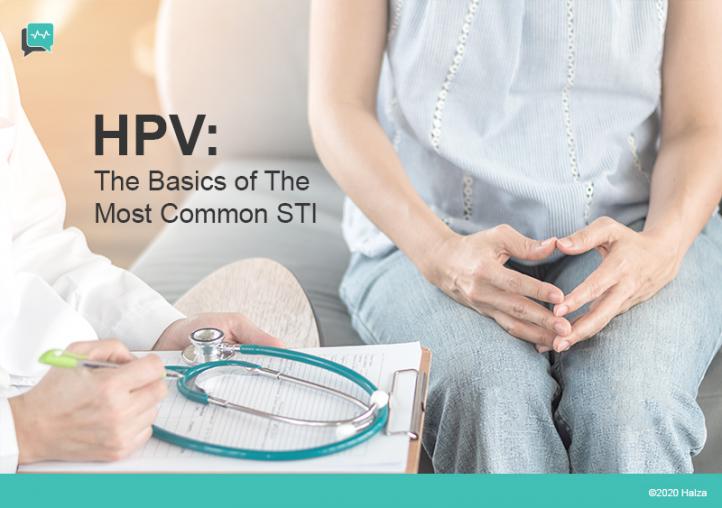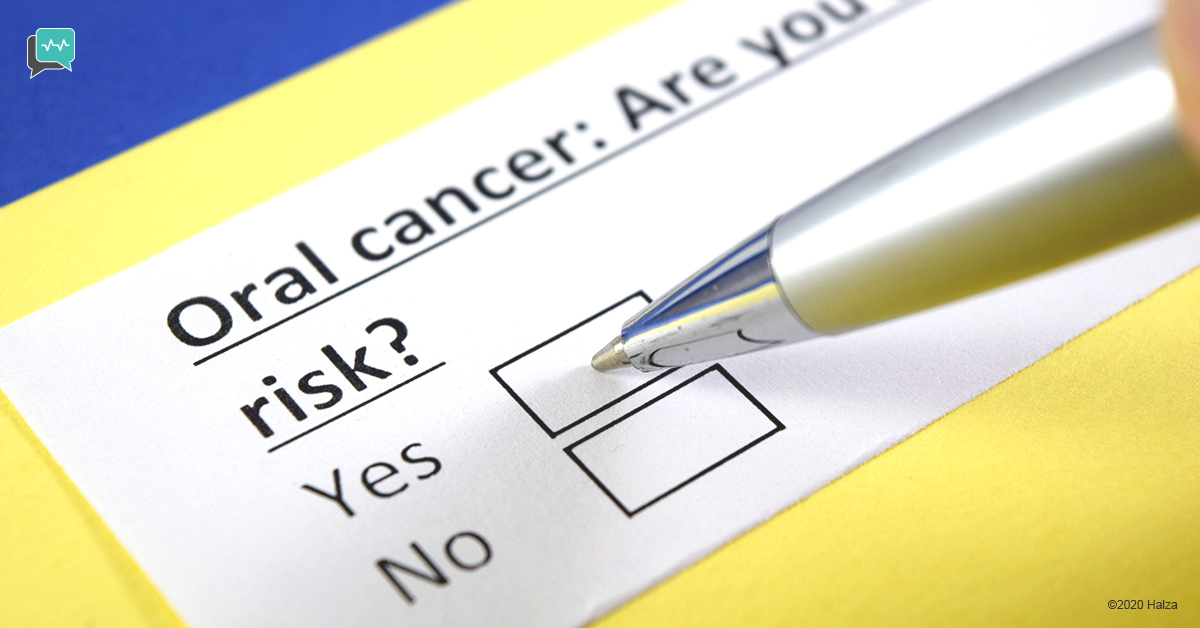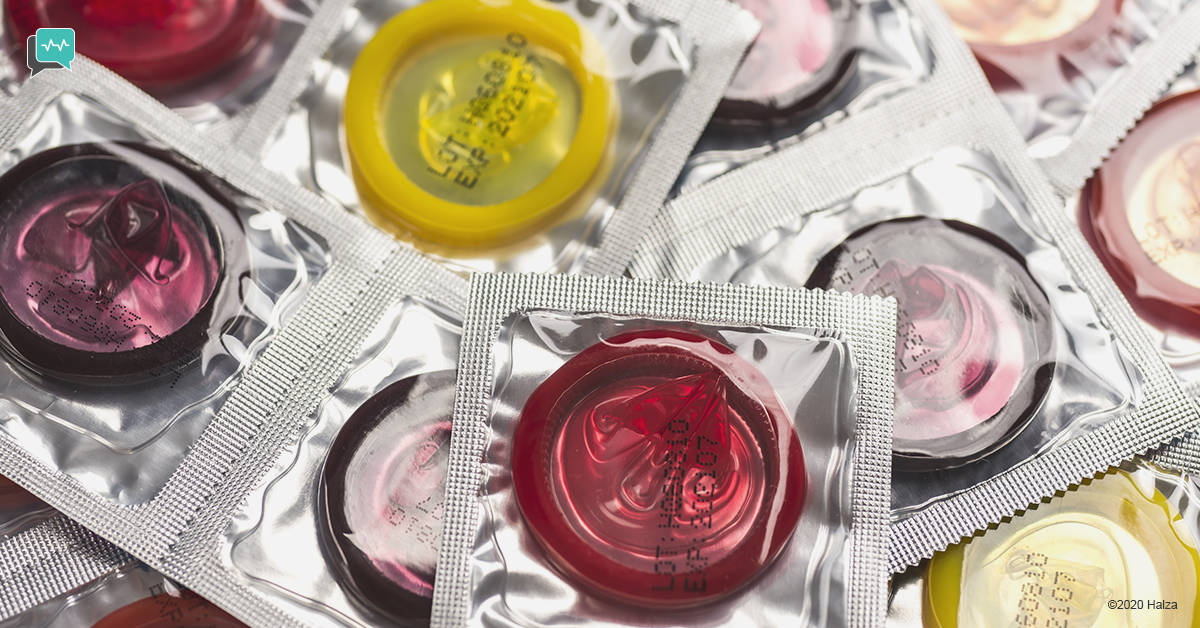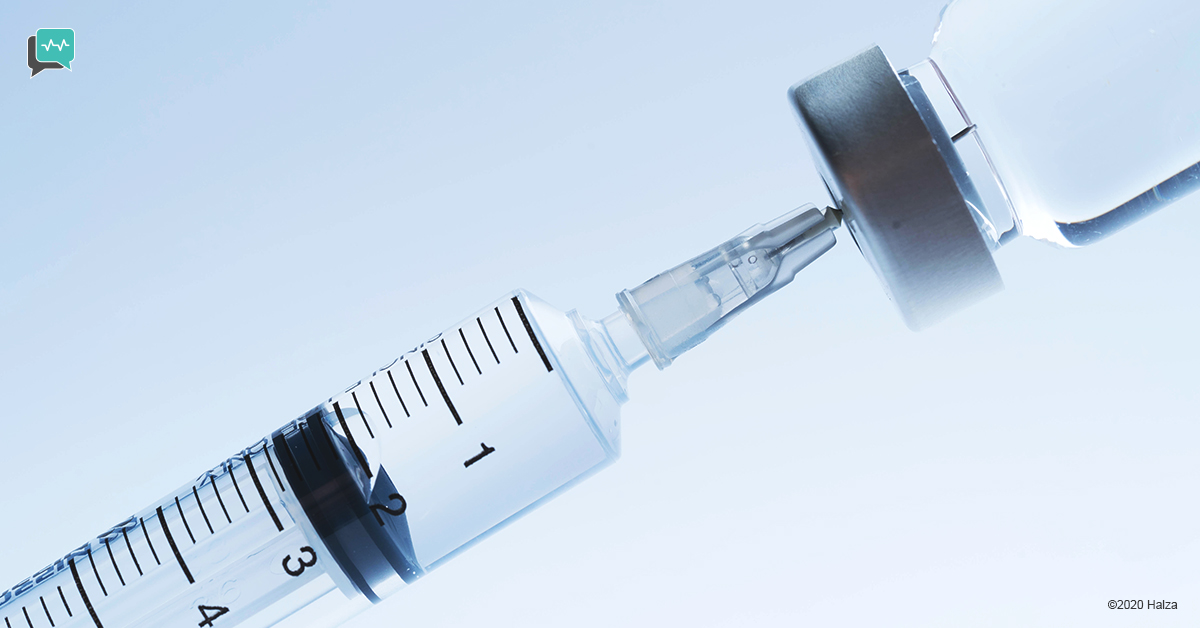HPV – The Basics of The Most Common STI

HPV (Human Papilloma Virus) is the most common sexually transmitted infection (STI) in the world.
‘HPV’ refers to a group of over 100 related viruses. Approximately 40 of these viruses are transmitted during sexual contact and cause sexually transmitted infections. The other viruses are transmitted in ways not normally related to sexual contact and don’t cause sexually transmitted infections. Plantar warts are one example.
Why Do I Need to Know About HPV?
If you are sexually active, chances are that you have already been infected with HPV. It is extremely common. Approximately 80% of all sexually active adults have been infected.
Most of the time, a healthy immune system fights off the infection and kills the virus before it can cause any problems. You don’t even know that you were infected. However, until your immune system fights it off, which can sometimes take years, you can pass it on to a partner, and vice versa. If you do have an active HPV infection, you might not notice any symptoms. Symptoms can take months to many years to appear, and in the meantime, the virus can be easily transmitted.
People with weakened immune systems or certain other risk factors (such as smoking) are less likely to be able to fight off the virus and more likely to develop pre-cancer or cancer.

Sexually transmitted HPV causes:
1) Genital warts
2) Cancer
- Cervical cancer
- Anal cancer
- Oropharyngeal cancer (cancer of the throat area, including the base of the tongue and the tonsils).
- Penile cancer.
- Vulvar cancer
- Vaginal cancer
HPV causes virtually all cases of cervical cancer and is the cause of the majority of cases of the other types of cancer above.
How Is Sexually Transmitted HPV Spread?
As with most other STIs, HPV is spread through vaginal, anal, or oral sex, but it can also be transmitted even if no penetration, ejaculation, or orgasm takes place. This is because the virus can be spread through skin to skin contact in the anogenital region – the area around the anus and external genitalia (groin).

Condoms don’t cover the entire anogenital region and therefore will not provide adequate protection against HPV. (Condoms provide good protection against other STIs and against unintended pregnancy, so it is important to use them!)
HPV can be transmitted even if the infected person has no symptoms. This means that your partner might be unaware that he or she is infected and can unknowingly pass it on to you. There are no screening tests for males. There is one screening test for women, done during a Pap test, but only detects HPV specifically affecting the cervix.
How Can I Protect Myself Against Sexually Transmitted HPV?
Mathematically, the likelihood of infection increases as the number of sexual partners increases. Again mathematically, the likelihood of your partner having HPV is higher if your partner has had many previous partners.
HPV is very contagious. Your chances of contracting the virus if your partner has HPV are very high. The only absolute way to protect yourself is to abstain from sexual contact.
HOWEVER
There is a vaccine available that provides excellent protection against the most common cancer-causing types of HPV and against several of the genital wart-causing types of HPV.
Related reading:
- Struggling to even bring up the topic of STIs with your partner? Read more.
- What is cervical cancer and who is most at risk? Learn now.
I Don’t Want HPV! How Do I Get the Vaccine?
The HPV vaccine is widely available in developed countries, and available in some developing countries. The most current version protects against nine types of HPV, including types 16 and 18, which are the two types most likely to cause cervical, anal, penile, oropharyngeal, vulvar or vaginal cancers. It also protects against HPV types 6 and 11, which cause 90% of all genital wart infections. In addition, the vaccine protects against five other types that (less commonly) cause the cancers listed above,
An earlier version of the vaccine, which protects against types 16, 18, 6, and 11, is still offered in some countries.
The vaccine is recommended for both males and females ages 11 and 12 as part of the routine series of pediatric vaccinations. However, it can be given as early as age 9, and in some cases as late as age 45. Your health care practitioner can determine if the vaccine is appropriate for you.
How Do I Know If I Have Been Infected?
Cancers that are caused by HPV can take decades to form or produce symptoms. The cancer is often caught when the person has a concerning symptom and follows up with a health care provider.
Genital warts usually develop weeks to months after transmission of the virus. Warts come in varying shapes and sizes. They can be flat or raised, individual or clustered, bumpy or smooth, large or small, and fleshy pink or gray in color. A single small wart might barely be noticeable, while a cluster of warts can cause significant discomfort, itching, or pain. Genital warts are very unlikely to cause cancer.
Treatment is available for known precancerous conditions and for genital warts. Since the treatments only target the lesion, occasionally the condition recurs.
One last thing…
You Might Never Know Who Gave You the HPV Virus
Because the virus can live in the body for years before symptoms develop, your current partner might not be the person who infected you with what seems to be a “new” case of HPV. Similarly, your current partner who is newly diagnosed with an HPV infection might have contracted it before even meeting you. Be aware of this before assuming that someone cheated, and make sure to have an open conversation with your partner.
How Halza Helps
Managing HPV might mean undergoing many tests, consultations, and check-ups. It’s easy to let disorganization get the better of you. Let Halza help.
Instead of losing important reports and results, store all your medical records on Halza, including any Pap smear results, HPV tests, and colposcopy or biopsy data. All information is securely stored on Microsoft Cloud and belongs entirely to you.
Set Health Reminders for upcoming or recurring appointments to put your mind at ease and schedule Medicine Reminders to keep track of all your doses.
Download the Halza app today!
